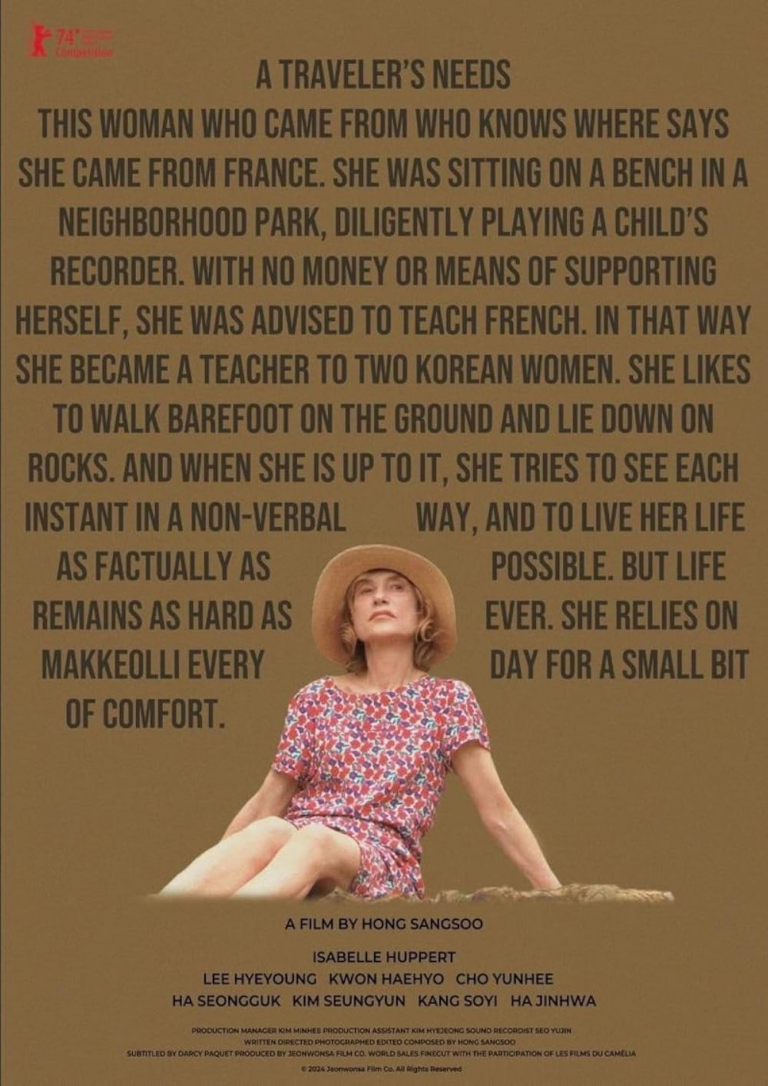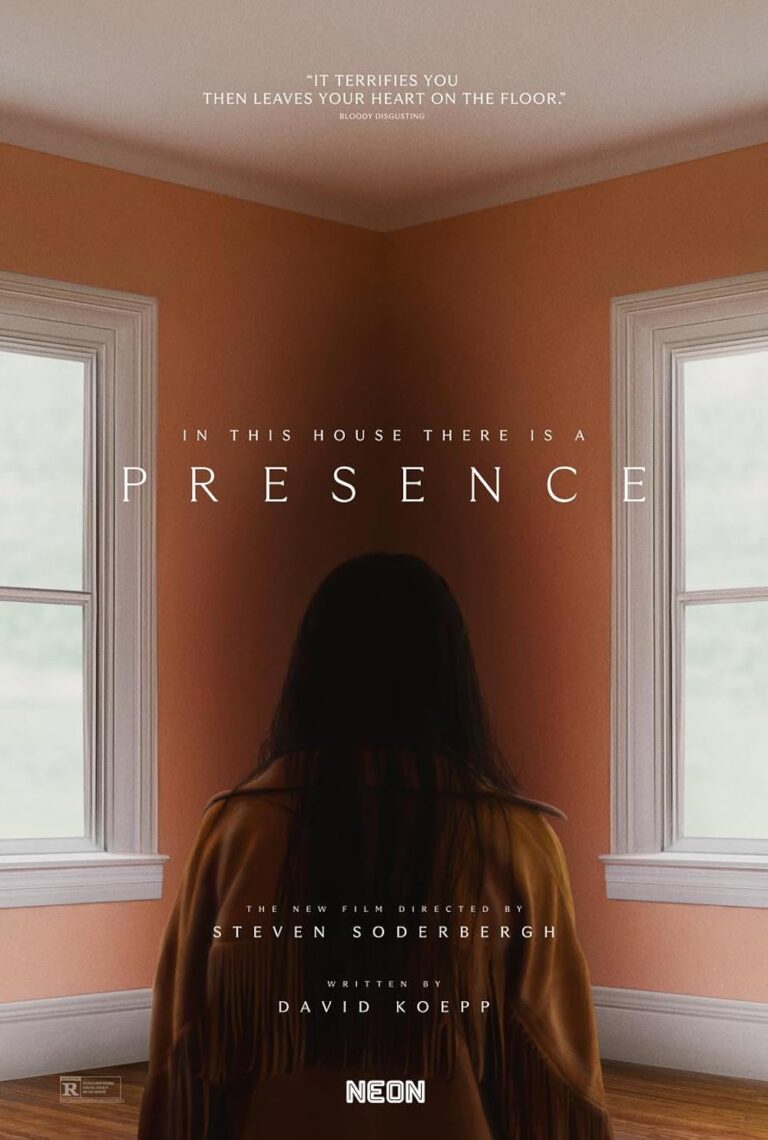Alita: Battle Angel Christian Review

Alita: Battle Angel is one of those films that surprises you—not because it’s perfect, but because it makes you think. Directed by Robert Rodriguez and adapted from the manga Battle Angel Alita by Yukito Kishiro, the movie’s essence lies somewhere between dazzling entertainment and a thought-provoking exploration of humanity. While it doesn’t always stick the landing, there’s something profoundly Christian about the themes it wrestles with: redemption, identity, and the fight to stand for what’s right.
A World Both Alien and Familiar
Let’s start with the setting. The world of Alita: Battle Angel is stunning. It’s futuristic, dystopian, but not in the bleak, hopeless way we’ve seen a hundred times before. Instead, it feels alive, vibrant, and dangerous—a kind of gritty playground where anything could happen. At the heart of it all is Iron City, a bustling metropolis of scrappy survivalists living under the shadow of Zalem, the floating utopia above them.
The contrast is striking and deliberate. Zalem’s allure feels like a stand-in for worldly temptations—the kind of “perfect” place that’s always just out of reach. Meanwhile, the streets of Iron City teem with brokenness and struggle, but also hope. For Christians, this dichotomy echoes the tension between earthly suffering and the promise of heaven. The film doesn’t sugarcoat its portrayal of human fallenness but doesn’t give up on the possibility of redemption, either.
Enter Alita: A Hero Reclaimed
Alita herself is the heartbeat of the film. Rosa Salazar’s performance, captured through motion-capture technology, brings an incredible humanity to a character who, by all rights, shouldn’t feel human at all. She’s a cyborg—a mix of human brain and mechanical body—discovered in a scrapyard by Dr. Dyson Ido, played with understated warmth by Christoph Waltz.
Ido restores Alita, not just physically but emotionally, becoming a father figure to her as she begins to piece together who she is. From the moment she opens her enormous, expressive eyes, it’s clear that Alita is more than just a machine. She’s curious, empathetic, and fiercely protective of those she loves. These traits set her apart in a world that often feels cold and transactional.
As a Christian viewer, it’s hard not to see Alita’s journey as a metaphor for our own. Like her, we are creations—crafted by a loving Creator who sees value in what others might discard. Ephesians 2:10 tells us, “For we are God’s handiwork, created in Christ Jesus to do good works.” Alita doesn’t just exist; she thrives, embracing her purpose with a zeal that’s both inspiring and humbling.
Big Eyes, Bigger Questions
Let’s talk about the elephant—or rather, the eyes—in the room. Alita’s oversized, anime-inspired eyes were a controversial design choice, but they end up being one of the film’s most striking features. They’re windows to her soul, drawing us into her vulnerability and strength.
In a way, her eyes remind us of the spiritual metaphor in Matthew 6:22: “The eye is the lamp of the body. If your eyes are healthy, your whole body will be full of light.” Alita’s gaze reflects her inner purity, her desire to do good, and her determination to uncover the truth. Her eyes make us look deeper, not just at her but at ourselves.
The Fight for Justice
Alita isn’t just a thinker; she’s a fighter, too. And when she fights, it’s not for selfish reasons. Whether she’s taking down rogue cyborgs or standing up to corrupt systems, her battles are always driven by a desire to protect others and uphold justice.
In one particularly moving scene, Alita confronts a room full of bounty hunters, challenging them to join her in taking down a dangerous enemy. Her courage is palpable, but so is her sense of righteousness. She’s not interested in power for its own sake; she wants to make the world better, no matter the cost.
This kind of selfless bravery calls to mind the biblical call to justice in Micah 6:8: “To act justly and to love mercy and to walk humbly with your God.” Alita’s fight isn’t just physical; it’s spiritual. She’s battling not just enemies but the apathy and corruption that have seeped into her world.
Redemption in the Scrapyard
One of the film’s most compelling themes is redemption. Alita herself is a redeemed creation, plucked from the trash and given a new purpose by Ido. But the idea of redemption extends beyond her.
Throughout the story, we see characters grappling with their own chances for renewal. Some embrace it, like Hugo, the young man Alita befriends, who dreams of escaping to Zalem. Others reject it, clinging to bitterness or greed. The film doesn’t force easy answers but shows that redemption is always available—it’s up to us to accept it.
For Christians, this theme is central to our faith. The story of redemption is the story of the gospel, and Alita: Battle Angel echoes this truth in a way that feels both universal and deeply personal.
Not Without Flaws
Of course, no film is perfect, and Alita: Battle Angel has its share of shortcomings. The plot can feel overstuffed at times, cramming in so many storylines that some don’t get the attention they deserve. The ending leaves several threads unresolved, clearly setting up for a sequel that may or may not happen.
But these flaws don’t detract from the film’s overall impact. If anything, they’re a reminder that no creation is without its imperfections—a truth that applies to art and humanity alike.
A Vision of Hope
What ultimately makes Alita: Battle Angel stand out is its sense of hope. In a genre that often leans into cynicism and despair, this film dares to believe in the possibility of change, the value of every individual, and the power of love and sacrifice.
For Christian audiences, this message is both comforting and challenging. It’s a reminder that we are called to be light in a dark world, to fight for justice, and to embrace the redemption that God offers us through Christ.
Final Thoughts
Alita: Battle Angel isn’t just a movie; it’s an experience. It’s visually stunning, emotionally resonant, and spiritually rich. While it may not answer all the questions it raises, it leaves you thinking—and that’s a rare gift in today’s blockbuster landscape.
For those looking for a film that entertains while prompting reflection, Alita delivers. It’s a story about identity, purpose, and the fight to stand for what’s right. And in a world that often feels as broken as Iron City, it’s a reminder that redemption is always possible, no matter how far we’ve fallen.
Rating: 8/10.




